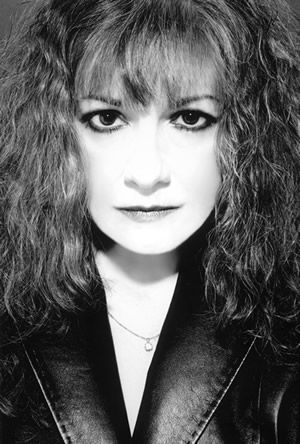WORDS OF POWER
2 Feb 2019
Kimberley Reeman in conversation with Troubador’s winter Highlights magazine, 2018
Tell us about your book.
The words “Culloden” and “Highland Clearances” are among the most evocative in the English language for Scots and students of Scottish history, and their power remains undiminished two hundred years after those events. But few serious novelists have focused on the years after the battle of Culloden, and what took place in the Highlands between 1746 and the beginning of what are now known as the Highland Clearances. CORONACH wrests those events from entangling myth and legend and illuminates those years.
 What three things do you think your readers should know about you or your writing?
What three things do you think your readers should know about you or your writing?
As a historian, I know that history is never black or white: it is many shades of grey. CORONACH seeks to illustrate those many aspects of the truth. As a Canadian I have no cultural bias, although my country was explored, mapped, fought for, settled and governed by Scots. The first prime minister of Canada was Sir John A. Macdonald. The first mayor of the city of Toronto, where I was born, was William Lyon Mackenzie, Highland Scottish on both sides of his parentage. Both of his grandfathers fought in the ’45. It was my own third-generation Canadian grandfather’s stories of Mackenzie’s rebellion of 1837 in what was then Upper Canada— “Mackenzie and the hanging tree”— that led me to a study of the Jacobite rebellions, and to the story that became CORONACH. And as a woman recently widowed, I have known the darkness. CORONACH is a novel of great love and great loss, and reflects my experience.
When did you decide to write a book? Did anything influence your decision?
I was born to write. I told stories before I could print. And I have written all my life. But early one winter morning not long after my husband’s death, as I was walking along the river road into our village, I said out loud, “How am I going to get through this, Dougie?” and it was as though I heard his voice. He said, “Write your way out of it. It’s who we are. It’s what we do.” I revised CORONACH extensively in the months that followed, for him. It is now everything it was meant to be.
What books or authors have had the most influence on your own writing, and why?
My husband was Douglas Reeman, the beloved sea-story writer, who also wrote the Bolitho series about Nelson’s navy under the pseudonym Alexander Kent. From his books, and from him, I learned about men in war: honour, duty, service, courage, love of comrades, loyalty, the uniform’s brotherhood, the habit of command. From that other great English gentleman novelist, Winston Graham, whom I met through Douglas and who became a friend and a great supporter of me and my work, I learned to write dialogue, to watch my characters, hear them speak, see the play of light on their faces, understand that although they are of a different time they love and hate and fear and hope as I do: we share a common humanity. It was a great privilege to know Winston, and Douglas was, and remains, the great love of my life.
What books are you reading at the moment? How did you choose them?
I’ve just finished Ursula LeGuin’s Earthsea saga, and I only wish it hadn’t been her obituary in the Times that led me to discover her work. I’ve also just reread Mark Vanhoenacker’s beautiful, philosophical memoir of a pilot’s life, “Skyfaring”, which is a great tonic for a nervous flier.
Which book do you wish you had written?
Mary Stewart’s Merlin trilogy. Scholarship, storytelling, majesty, legend. I reread it from time to time, and my admiration for it and for her never wavers.
How do you like to write?
I write in the afternoons, in longhand, and then transcribe to the screen. When I was revising CORONACH I wrote from 11 am until 8 or 9 pm, seven days a week for months.
What advice would you give to aspiring authors?
The received wisdom is: “Write what you know.” I say: “Know what you write.” Write. Revise. Rewrite. Read. Research. Listen. Hone the craft. We are wordsmiths, and our power lies in the words we wield. Learn to use them well.
And be strong. The world is full of savage criticism and gratuitous cruelty. And it will break you, shatter your confidence as a writer, if you let it. Be the best you can be, and keep the faith. If we are born to write there is nothing else. It’s who we are. It’s what we do.
